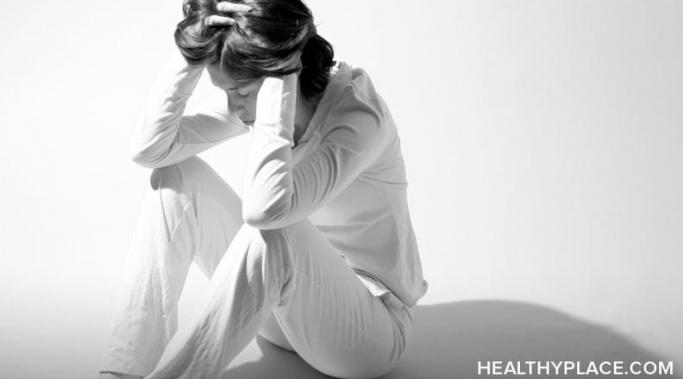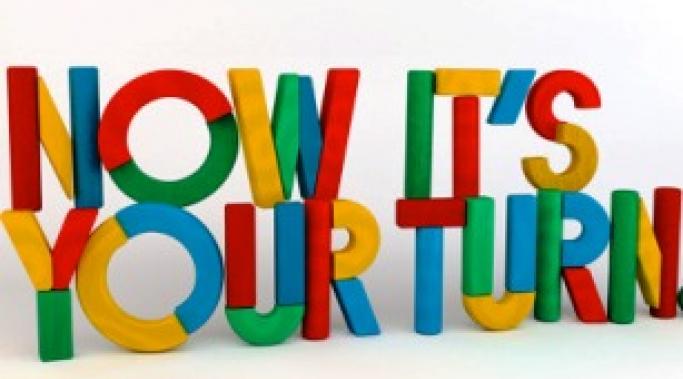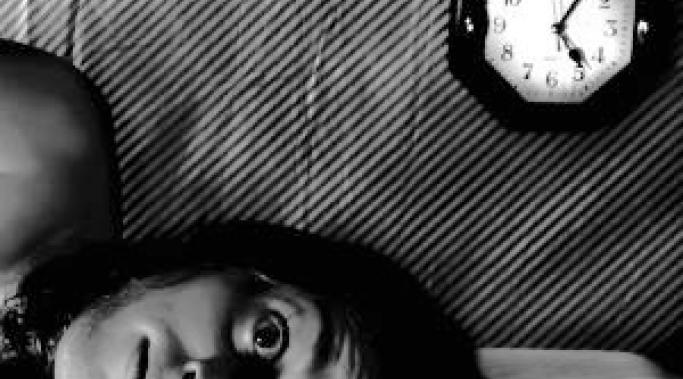When I was younger, there was a public service announcement that ran over and over that explained that the majority of car accidents happen within a few miles from home. The purpose of this message was to encourage people to wear their seatbelts, even when travelling short distances.
I was a precocious youngster and when I saw these commercials I thought to myself, “No kidding! You travel close to your home most of the time, so it’s just common sense that most of the accidents would happen there.”
Anxiety and panic disorder follow a similar pattern. Since I am home more than I am away, the majority of my anxiety and panic issues occur at home. Additionally, I am more likely to have elevated anxiety before I fall asleep and I spend most nights in my own bed.
Effects of Anxiety
I must confess; I’m a bully. But not to others. I tend to bully myself relentlessly, criticizing what I do and don’t do, say and don’t say. It’s a nearly endless stream of self-denigration that runs always in the background, often in the foreground, of my thoughts. This harsh self-criticism is entangled with all types of anxiety.
I am a people pleaser. It is nice to give people what they want and I enjoy taking part in their happiness.
Over the years, I have learned that I have to say “no.” As much as I love to please people, it isn't wise to give people everything they want. Sometimes it isn't in their best interest and sometimes it isn't in mine. As someone with an anxiety disorder, it often makes me anxious when I say “no.”
As a speaker and blogger, I answer a lot of questions about recovering from mental illness. I am asked many different things, from the technical, to the personal, to the deeply personal. I sincerely enjoy the conversation, and leading group discussions is one of my favorite activities. Answering comments and emails is a close second.
It is because of my love of interaction that I decided to write an interactive blog. Every blog on HealthyPlace is technically interactive, in that they all have a comments section. This is a little different, however. The goal of those blog posts is to be read and the goal of this blog post is for you to participate. This won't be an interactive blog if you don't.
Anxiety and sleep problems can have a twisted, rather enmeshed relationship with each other. They each have a similar goal: to make us miserable. They are evil little accomplices on a mission to rule our world. It’s bad enough when just one of them is working its sinister plan within us, but when they join forces and attack us simultaneously, it’s downright miserable.
One of the requirements of being a HealthyPlace blogger is personal experience. In other words, having an anxiety disorder qualifies me to be one of the authors of the anxiety blog. More specifically I have panic attacks, crippling self-doubt, paranoia, and general anxiety. My blog application was one of the only times this was a plus.
Weekly blogging isn't an easy thing to do, despite the number of them out there. Topics need to be chosen, research done, comments read and responded to, titles selected, keywords considered, pictures picked, then it needs to be written, formatted, and scheduled all before it goes live for all the world to (hopefully) see.
As a writer, I know other writers, and the general consensus is that publishing anything, even a blog, is stressful. It invokes a sense of anxiety in the most grounded of people. A part of the writer – his work – is out there, waiting to be judged by strangers.
Separation anxiety - the term often conjures an image of a young child in distress, loudly crying and fiercely clinging to a parent. While that’s not inaccurate, it is incomplete. Separation anxiety disorder affects not just children, but adults; in fact, it actually affects more adults than kids (7% vs. 4%). And while adults typically don’t cling to a loved one, loudly wailing, people experiencing adult separation anxiety disorder (ASAD) do feel a very similar degree of distress at the thought of separation from a loved one.
A few days ago, a friend who lives with generalized anxiety disorder called me while in the throes of a severe panic attack. She had been awake for a couple of days, she was crying, and she was terrified. The first words out of her mouth when I answered were, “This is never going to end.”
If worry and anxiety were the keys to success, I’d be ruler of the world. Success - it means different things to different people. Someone might want to be a multi-bajillionaire by the age of 30. Someone else might want to be able to eat a meal that day. We all have goals around finances or relationships or academics or fitness or health or anything else that people need and desire. With goals inevitably comes anxiety.
Anxiety disorders manifest self-doubt in many ways. Undoubtedly, people living with anxiety disorders know different ways panic and anxiety challenge our lives. So today, I want to speak to the non-sufferer who does not understand. Loved ones need to know what anxiety disorders, and the massive amount of self-doubt they create, do to a person.









